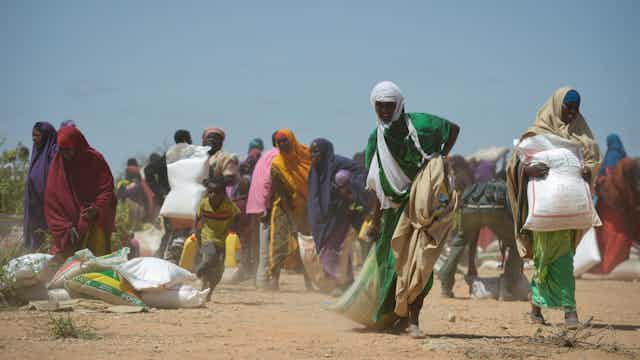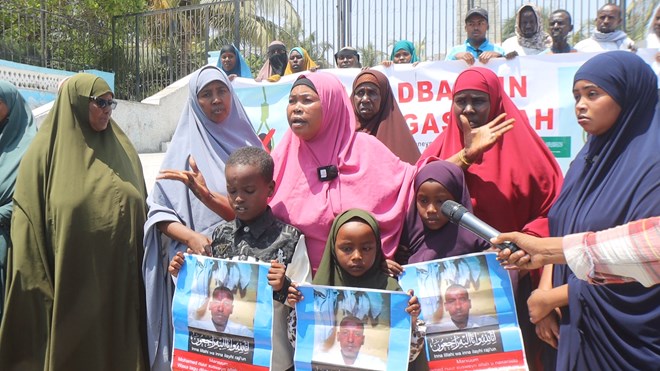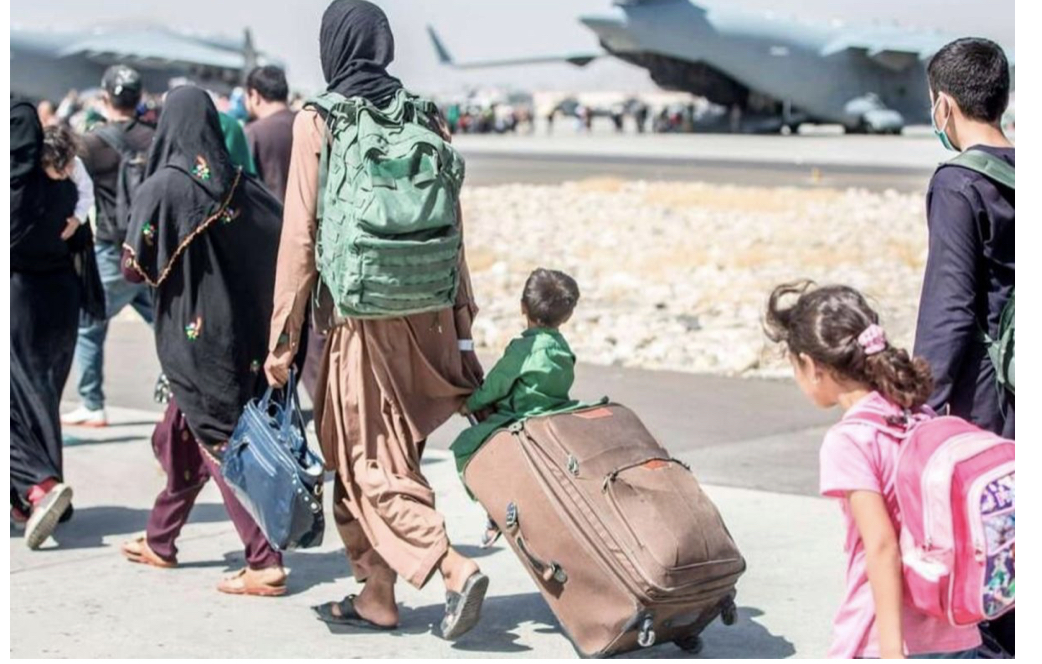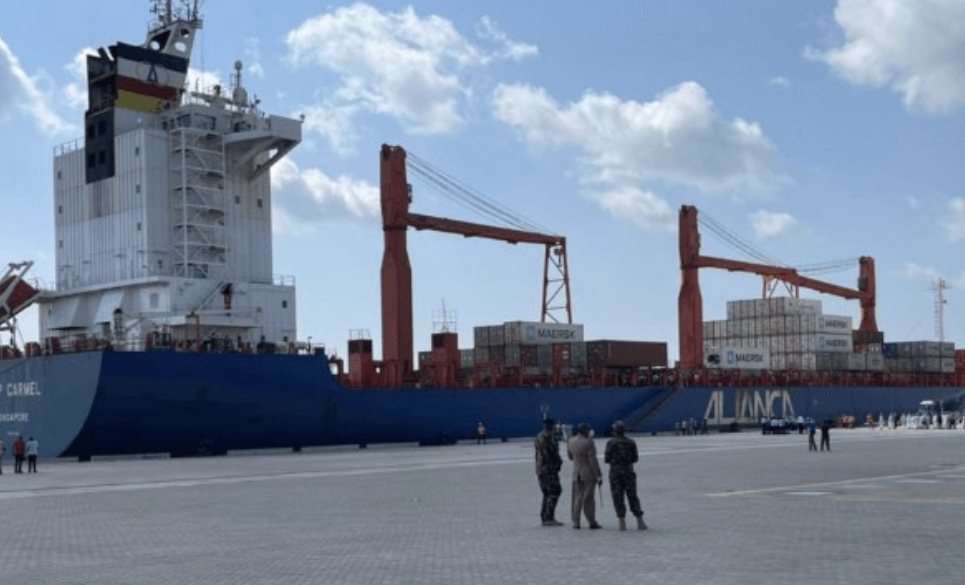Share the post "Terrorists use food as a weapon: how Boko Haram and Shabaab Militia exploit hunger.."
Over the last decade, there has been growing international focus on the role of food in conflict, particularly in Africa. The continent has seen an increase in jihadist terrorism in several regions, Violence, like that exercised by terrorist organisations, is linked with food security conditions, causing a vicious circle of hunger and conflict…
Terrorism Groups generates food disruptions. It undermines production systems and supply routes, At the same time, growing food shortages intensify tensions and competition over essential resources at the margins of vulnerable societies. This increases the risk of mobilisation into violence, researchers in international security and contemporary warfare, they focused on Boko Haram in Nigeria and Al-Shabaab in Somalia.
This has major implications. The use of food as a weapon worsens humanitarian conditions. It causes the displacement of people in vulnerable settings. As a result, it sets in motion dangerous mechanisms of instability that can even undermine militants themselves, reducing their resources and operational capabilities.
Weaponising supplies
Since the late 2000s, Boko Haram and Al-Shabaab have engaged African security forces in a strenuous fight. Both groups have sought to overthrow local governments and establish their power, They have expanded their networks in regions where food security is low. These are Nigeria’s Borno State and southern Somalia.
These areas have witnessed historical frictions between the population and government authorities. Local communities have lamented socioeconomic marginalization, shortages of essential resources and high levels of unemployment, Both Boko Haram and Al-Shabaab have sought to capitalize on inequalities to gain appeal among aggrieved populations, seeking to replace the state in the delivery of essential resources.
Boko Haram militants have reportedly provided supplies, such as biscuits, rice and spaghetti, to marginalised villages. As a Borno State resident put it, the militants have shown “love and concern” while addressing local needs, Al-Shabaab has resorted to similar practices to win the hearts and minds of southern Somalis and enlarge its pool of recruits. The group has supplied struggling communities with meals and goods, and promoted local agricultural activities.
In parallel to these activities, both terrorist groups have adopted more aggressive measures to counter the advance of anti-terrorism forces. They have used food denial to punish civilian insubordination and cooperation with the state, relying on starvation tactics.
Likewise, Al-Shabaab has interrupted trade routes. It has destroyed food imports to isolate southern Somali villages controlled by security forces and deprive them of popular support. During Somalia’s 2011–2012 famine, Al-Shabaab militants blocked humanitarian agencies. This was aimed at preventing the distribution of food aid to curb western influence in territories under their control.
African and international authorities need to tackle the dynamics of food weaponisation. They need to refine their approach to enhance local resilience, addressing the inequalities that insurgents exploit.




